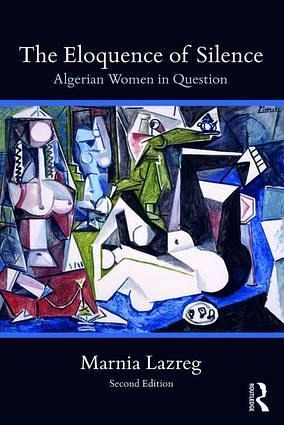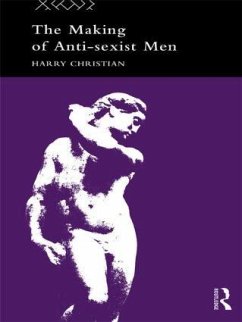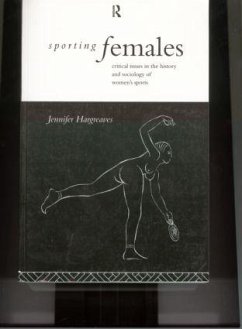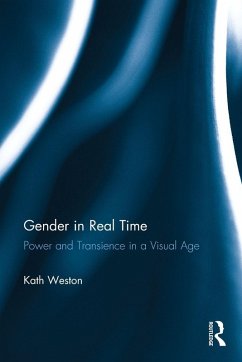
The Eloquence of Silence
Algerian Women in Question
Versandkostenfrei!
Versandfertig in 1-2 Wochen
53,99 €
inkl. MwSt.
Weitere Ausgaben:

PAYBACK Punkte
27 °P sammeln!
The Eloquence of Silence, first published in 1994, is considered a seminal text in the scholarship of women and North Africa. Marnia Lazreg makes a critical departure from more traditional studies of Algerian women, which usually examine female roles in relation to Islam - and instead takes an interdisciplinary approach, arguing that Algerian women's roles are shaped by a variety of structural and symbolic factors. These include colonial domination, demographic change, nationalism, family formation, the turn to culturalism, and the progressive shift to a capitalist economy.Grounded in archival...
The Eloquence of Silence, first published in 1994, is considered a seminal text in the scholarship of women and North Africa. Marnia Lazreg makes a critical departure from more traditional studies of Algerian women, which usually examine female roles in relation to Islam - and instead takes an interdisciplinary approach, arguing that Algerian women's roles are shaped by a variety of structural and symbolic factors. These include colonial domination, demographic change, nationalism, family formation, the turn to culturalism, and the progressive shift to a capitalist economy.
Grounded in archival research supplemented by interviews, and adopting a historico-critical method, the book identifies and examines the significance of an enduring feature of women's journey: their instrumental use as tropes in struggles between groups of men opposed to one another during political crises. It demonstrates that despite being central to contentious political issues, women's needs andaspirations were obscured just as their voices have traditionally been silenced.
This new edition is thoroughly updated throughout to connect the original material to major political disruptions in the twenty-first century, such as the 9/11 attacks on New York and events around the "Arab Spring." The book foregrounds women's determination to forge ahead, as well as their activism, which led to progress in fighting rape and other forms of violence made banal in the wake of the civil war (1992-2002). It also calls for a "decolonization" of concepts and theoretical systems used in accounting for women's lived reality, and a questioning of facile postfeminist discourses in their manifold expressions.
Grounded in archival research supplemented by interviews, and adopting a historico-critical method, the book identifies and examines the significance of an enduring feature of women's journey: their instrumental use as tropes in struggles between groups of men opposed to one another during political crises. It demonstrates that despite being central to contentious political issues, women's needs andaspirations were obscured just as their voices have traditionally been silenced.
This new edition is thoroughly updated throughout to connect the original material to major political disruptions in the twenty-first century, such as the 9/11 attacks on New York and events around the "Arab Spring." The book foregrounds women's determination to forge ahead, as well as their activism, which led to progress in fighting rape and other forms of violence made banal in the wake of the civil war (1992-2002). It also calls for a "decolonization" of concepts and theoretical systems used in accounting for women's lived reality, and a questioning of facile postfeminist discourses in their manifold expressions.














